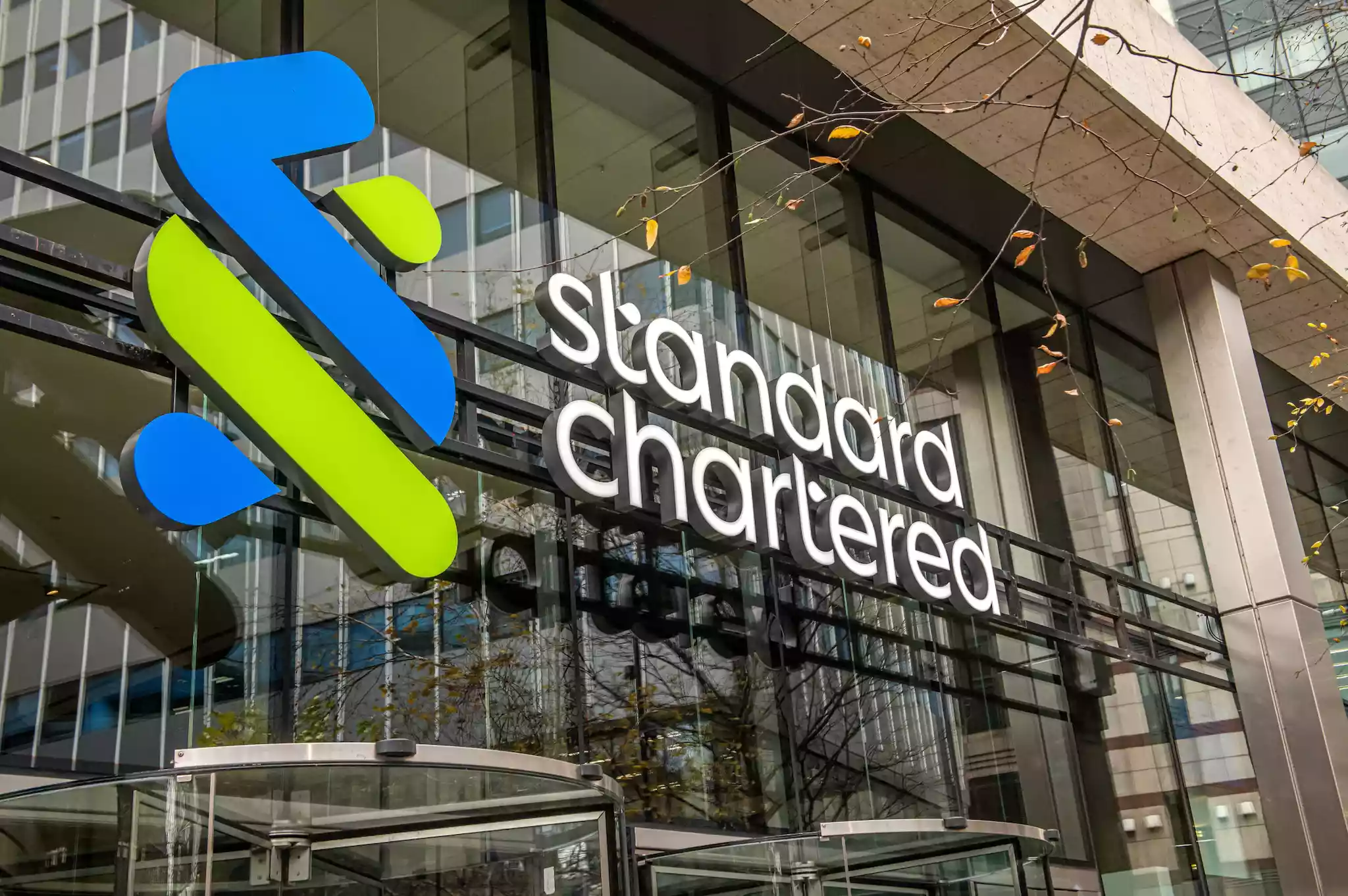
SHOCK moves by global banking brands to ditch Zimbabwe have heightened threats of further isolation for Harare, a sector survey showed this week.
The country is already battling to convince world powers to lift multiple embargoes imposed in Europe and America, which have inflicted significant blows to the economy.
In its annual industry report released on Wednesday, Inter Horizon Securities (IH) blamed the divestures on a tougher regulatory regime in Zimbabwe, which is marked by policy flip flops.
Policymakers have maintained that Zimbabwean banks remain stable despite sustained shocks.
But fragility signs, also acknowledged by the International Monetary Fund, have often come out as big players struggle to meet regulator prescribed capital benchmarks.
IH said as foreign banks flee, they were signing off Zimbabwe to further isolation from the global financial system.
In 2017, Barclays Bank Zimbabwe, a unit of the London Stock Exchange listed Barclays Plc, sold its domestic asset to Malawian investors as it joined several companies that had departed at the height of turbulences between 2007 and 2008.
As markets digested news of Barclays’ departure, Standard Chartered Bank Zimbabwe announced in April that it would be joining the list of those trooping out, under its broad divesture strategy out of selected emerging markets.
- African mass food markets as bases for business identities
- Bank charges eroding public confidence
- African women in politics: Influence or just numbers?
- Political representation alone is not enough to address global imbalances
Keep Reading
Countries included in the divestures included Angola, Cameroon, Gambia, Jordan, Lebanon and Sierra Leone.
On Wednesday, researchers at IH warned that divesting big banks were trooping out with crucial international networks required for integration into the global financial system.
“The sustained turbulent operating environment has seen some divestures being registered with foreign owned banks,” IH said. “Standard Chartered Bank is the latest after Barclays, to look for a buyout of the Zimbabwean market. The country stands to get further isolated through loss of critical correspondent banking relationships from foreign ownership structures.”
But even as foreign banks left, authorities were unperturbed by the consequences, directing banks in May to freeze lending to address speculation, which they blamed on currency erosion.
They lifted the action after only 10 days, following a fierce market backlash.
In June, the Reserve Bank of Zimbabwe hiked its policy rate to 200%, from 80% as it accelerated its strategy to tackle speculation. But several financial institutions have warned that high rates could result in significant increases in non-performing loans as borrowers struggle to repay.
“This (hiked interest rates) may present downside risk on credit performance as borrower capacity to carry related costs is strained,” First Capital Bank (FCB) said in a trading update last month.
“The bank will therefore remain cautious in its approach to asset creation, ensuring that a sufficient liquidity buffer is maintained to avert outages whilst borrower capacity is assessed rigorously, taking advantage of the apparent resurgence in key sectors of the economy.”
In October, government indicated that the diminishing number of correspondent banks was a cause for concern.
Deputy Finance minister Clemence Chiduwa blamed sanctions on Zimbabwe for the exodus. At its peak Zimbabwe had in excess of 105 correspondent banking relationships, but several international banks have retreated.
“Whilst the compliance deadline (for capital requirements) was extended to December 31 2021, five institutions still failed to meet the required minimum capital position owing to a myriad of challenges,” the report said. “Building societies proved the most vulnerable, with CBZ Building Society, National Building Society and ZB Building Society failing to comply with the minimum stipulated amount of US$20 million.
“As such the current environment has necessitated the need to merge operations under one roof for some entities in order to ensure adequate capitalisation.
“The RBZ has subsequently approved the amalgamation of CBZ Bank and CBZ Building Society whilst the ZB Bank and ZB Building Society merger remains incomplete due to legacy issues and at risk of action from the regulator,” it added.







